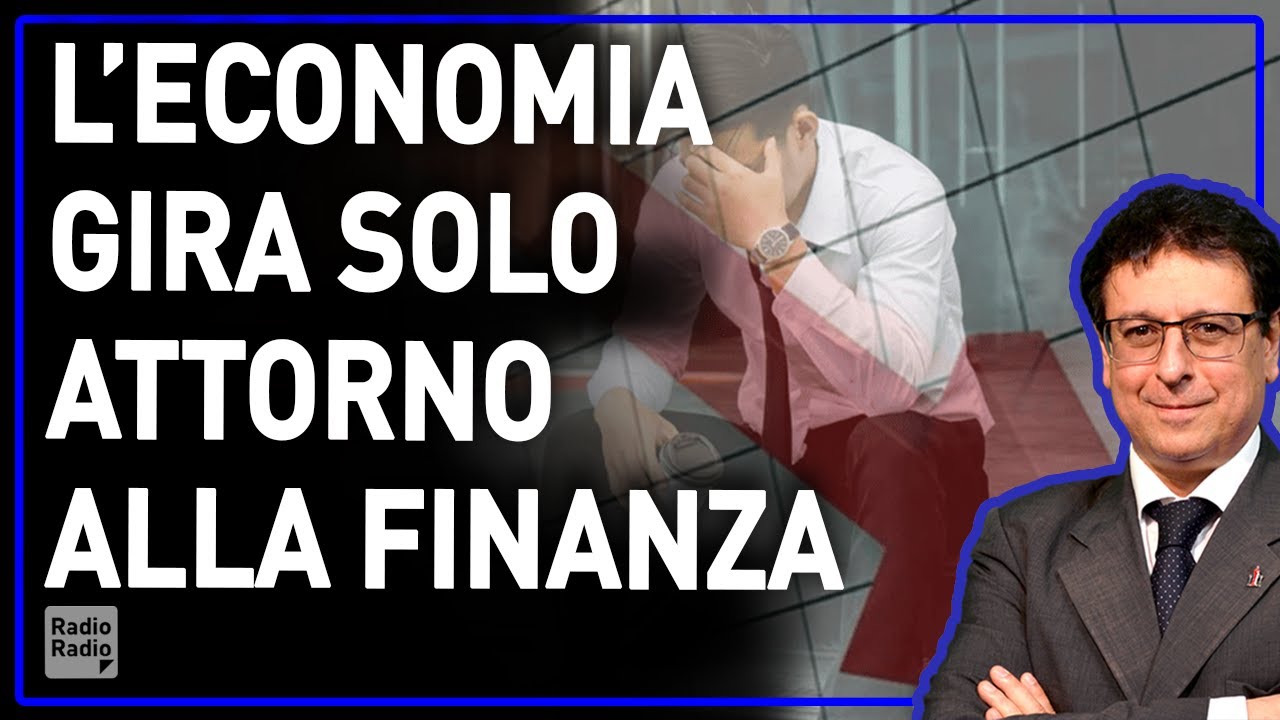Il Crack Della Silicon Valley Ripianato Dagli Azionisti: L'Europa Si Affiderà Ancora Al Mes
Unleash Your Creative Genius with MuseMind: Your AI-Powered Content Creation Copilot. Try now! 🚀
In today's article, we delve into the world of banking and explore the decisions made by American institutions regarding the Silicon Valley Bank. We also take a closer look at the Eurozone and question what is possible within its financial landscape. These two pillars are crucial in understanding the current state of the global economy and how it affects everyday individuals.
The Principles in the American Banking System
Let's first examine the principles that govern the American banking system. There are two key principles that stand out:
- No depositor should lose a single cent.
- Taxpayers should not be burdened with compensating for the losses of failing banks.
These principles may seem simple and self-evident, but they have significant implications for the financial stability of the United States. Let's explore how these principles are implemented in practice and why they are vital to the American economy.
In the United States, there is no external bailout funded by the government. Instead, shareholders and subordinated bondholders bear the brunt of the losses. Unfortunately, this means that they are likely to lose their capital while depositors remain unharmed. Additionally, the Federal Reserve has made a special financing line available to banks to address liquidity issues resulting from deposit withdrawals. This approach prevents banks from being forced to sell assets at a loss.
The Potential Scenario in the Eurozone
Now, let's turn our attention to the Eurozone and consider how the principles discussed earlier would play out in this region. In the Eurozone, the Single Resolution Fund would intervene in the event of a crisis. This fund would demand a sacrifice from shareholders and non-guaranteed bondholders, effectively wiping out their investments. However, it may not be sufficient to stabilize the financial system due to its limited resources.
As a result, the Mes (European Stability Mechanism), which is a loan provided by the European Stability Mechanism, could be required. This would once again place the burden on the state, potentially jeopardizing the stability of both the banks and the economy at large. It is crucial to recognize that there are significant risks associated with relying on this loan, as it could potentially further damage the balance sheets of banks.
The Need for a Humanistic Approach in Economics
After assessing the different approaches in the American and Eurozone banking systems, it is evident that principles rooted in humanistic economics are essential. We must acknowledge the importance of putting people at the center instead of prioritizing capital accumulation alone.
It has become clear that the world has placed excessive faith in the finance sector. Western economies, in particular, heavily rely on finance to drive their economic activities. This overemphasis on finance has led to a neglect of the core values of humanistic economics.
In light of these observations, it is crucial for politicians and policymakers to reconsider the fundamentals of economics. By prioritizing humanistic economics, we can work towards a more sustainable and balanced financial system that benefits society as a whole.
In conclusion, the Silicon Valley Bank and the Eurozone serve as crucial examples in the discussion of banking principles. The American system, with its emphasis on protecting depositors and avoiding taxpayer burdens, offers valuable insight into financial stability. On the other hand, the Eurozone's reliance on bailout funds and potential risks associated with them calls for a reevaluation of economic principles. It is time to shift the focus back to humanistic economics, placing humanity at the forefront instead of solely pursuing financial gains.

Related Recaps
- AMITY HAS OFFICIALLY BEEN TURNED INTO A PUPPET IN THE OWL HOUSE FINALE!
- 3rd-generation Armenian family business continues to serve handmade chocolates despite life's twists
- 🔴[TRỰC TIẾP] Thời sự 24h cập nhật chiều 18/3 - Tin nóng Thế giới mới nhất – VNEWS
- 🔴 MONEL RUGER 4500 PSI ❗❗
- Software Update? Murder Of English🥹 In Conqueror Lobby | Pubg Mobile | How Brand